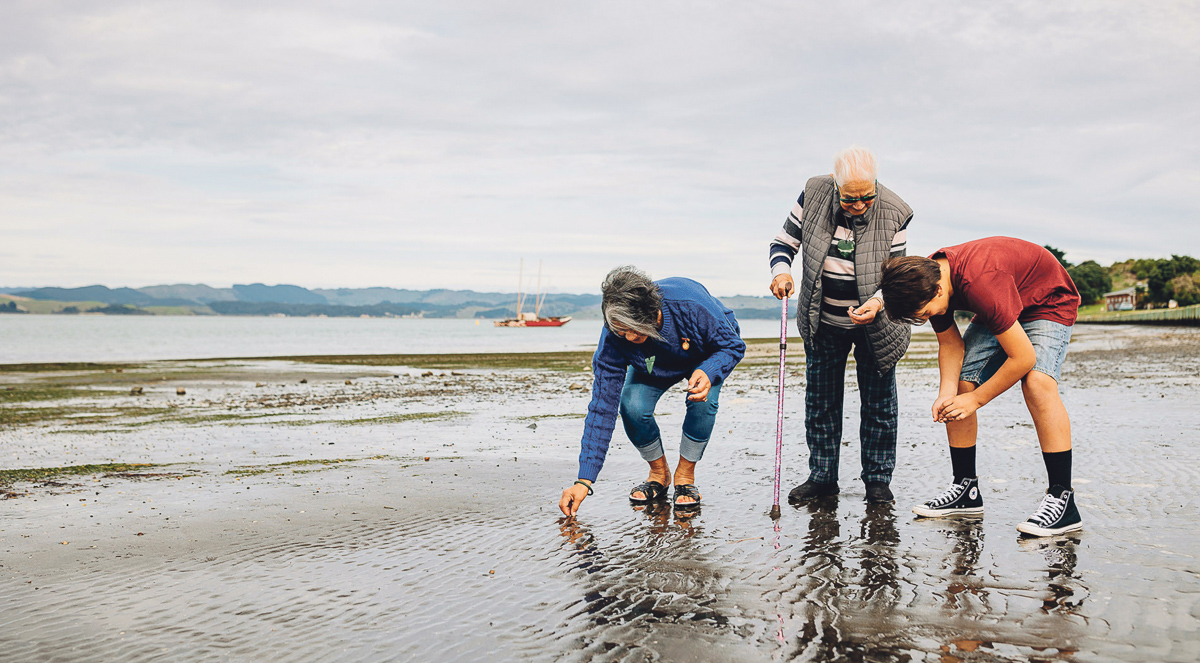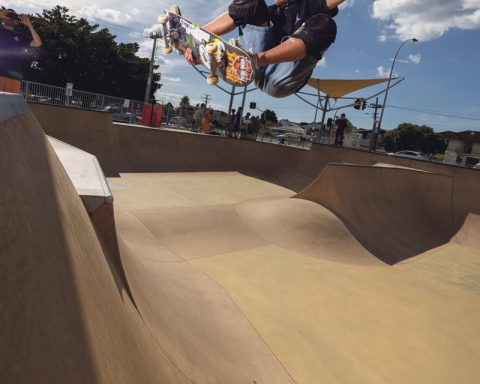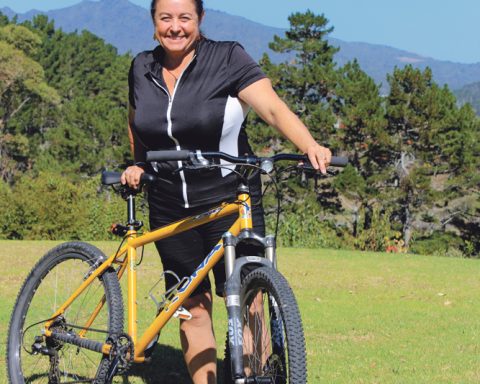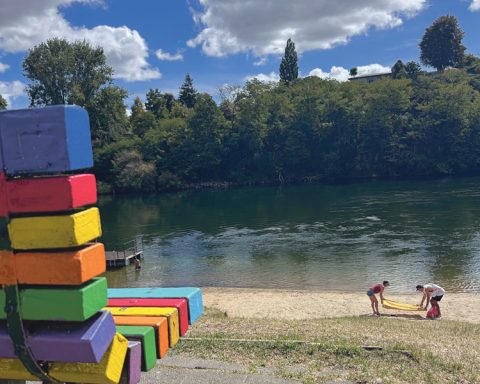Waikato Regional Council has today notified its proposed regional coastal plan, beginning a near three month consultation period during which the public are invited to share their feedback.
The Proposed Waikato Regional Coastal Plan sets out the rules for managing activities in the coastal marine area – that’s the ‘wet’ part of the coast from the high tide mark to 12 nautical miles out to sea (approximately 20km).
Key changes proposed in the plan include specific policies that:
- provide for new aquaculture areas and commercial growth
- protect areas of significant indigenous biodiversity, natural character and historic heritage value
- identify different coastal water types with water quality standards for each
- ensure noise from any new activities are managed appropriately
- minimise the risk of introducing or spreading marine pests
- make allowances for moorings within designated mooring areas
- recognise risk management and adaptation as matters to consider when assessing resource consents for structures.
It also incorporates provisions relating to tangata whenua and specific objectives, policies and rules that recognise iwi views and mātauranga Māori, including the ability to exercise and provide for kaitiakitanga.
In developing the proposed plan, input was sought from iwi, coastal residents and users, central and local government agencies, and industry. This feedback was used to update and refine plan provisions to ensure it meets the needs of Waikato communities.
Upon notification, certain rules will have immediate legal effect, including those that protect areas of historic heritage, address discharges to air and water, and provide for aquaculture activities.
“Our coasts matter, so we’ve allowed more time than is legally required for consultation to enable as many people as possible have an opportunity to read the proposed plan and to make their submission,” said Waikato Regional Council Chair, Pamela Storey.
The proposed coastal plan is more than 300 pages, so a summary document has been developed to provide guidance to submitters on the key changes. The summary also provides examples on how these changes will likely apply through the resource consent process.
“The current coastal plan became operative almost 30 years ago, so there’s a lot that has had to change to meet the expectations of our communities,” Cr Storey said. “I encourage people to take the time to look at what’s proposed and to let us know where we’ve got it right and where they think it might need to change.”
More details on the proposed coastal plan and ways for the public to make a submission can be found on the council’s website:
waikatoregion.govt.nz/have-your-say.
Submissions are open until 5pm on Tuesday, 14 November 2023. Hearings and deliberations will be held in 2024.











